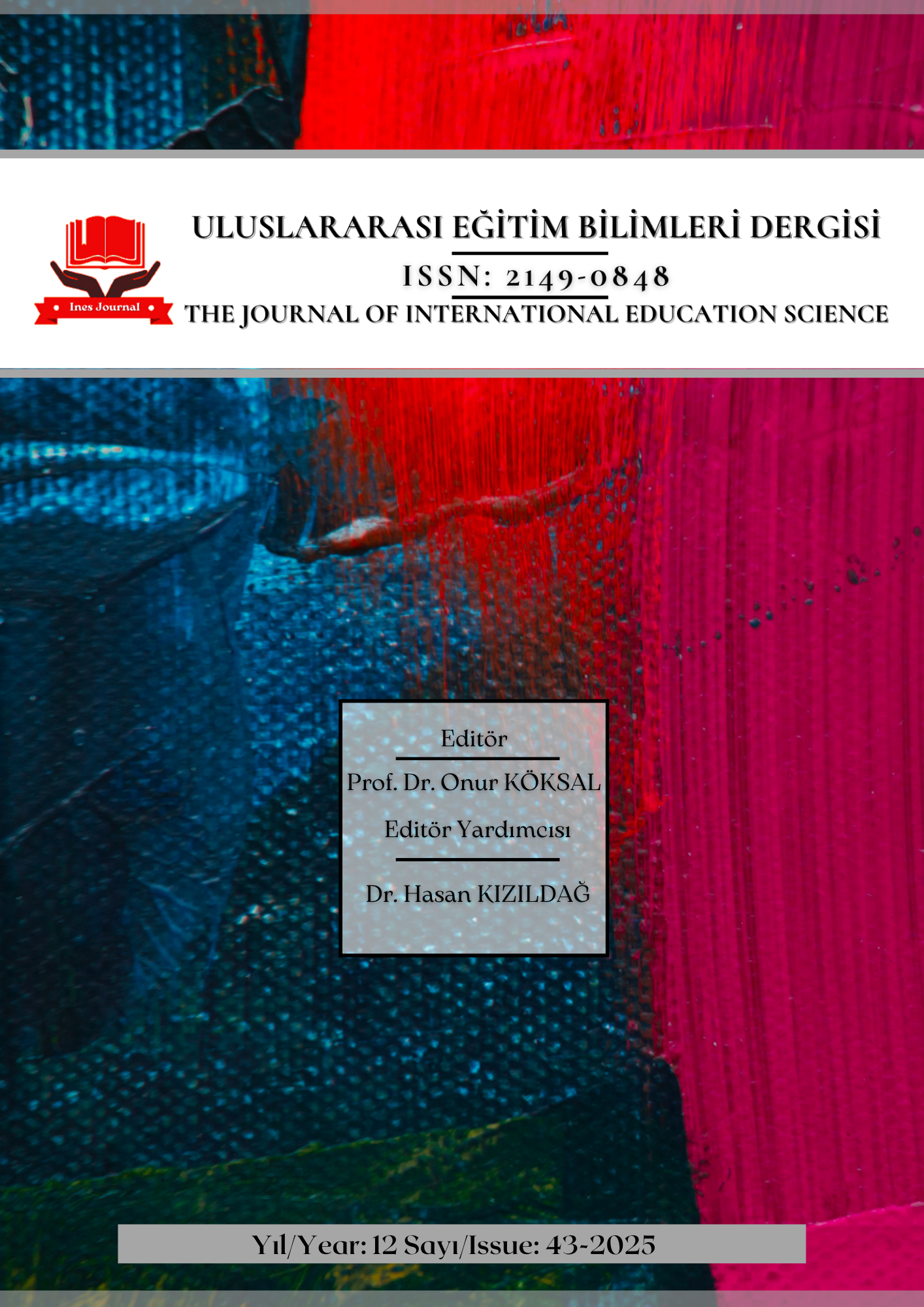Author :
Abstract
Araştırmanın amacı, “OGEP - Okuma Gelişim Programı”nın okuma güçlüğü yaşayan ilkokul üçüncü sınıf öğrencilerinin okuduğunu anlama, akıcı okuma ve okuma motivasyonu üzerindeki etkisini incelemektir. Araştırmada biçimlendirici deneme deseni kullanılmıştır. Çalışma grubu, okuduğunu anlama ve akıcı okumada güçlük çeken beş ilkokul üçüncü sınıf öğrencisinden oluşmaktadır. Hazırlık, inceleme-dinleme-tahmin, okuma, anlama, yazma aşamalarından oluşan REDEP, sekiz hafta boyunca biçimlendirici deneme modeline göre uygulanmıştır. Araştırmanın verileri, okuduğunu anlama testleri, okuma prozodi rubriği ve okuma motivasyonu ölçeği ile toplanmıştır. Verilerin analiz edilmesinde betimsel istatistik (frekans, ortalama, grafik değerleri) kullanılmıştır. Araştırmadan elde edilen sonuçlara göre, REDEP uygulandıktan sonra öğrencilerin bir dakikada doğru okuduğu kelime sayısının belirli bir oranda yükseldiği, okuma hatalarının azaldığı, bununla uyumlu olarak kelime tanıma yüzdelerinin arttığı; öğrencilerin sesli okuma prozodisinin geliştiği belirlenmiştir. Araştırma sonucunda öğrencilerin okuduğunu anlama yüzdelerinin artış gösterdiği; uygulamadan önce endişe düzeyinde olan öğrencilerden üçünün öğretim düzeyine geçiş yaptığı; diğer öğrencilerin de okuduğunu anlama puanlarını artırdığı anlaşılmıştır.
Keywords
Abstract
The aim of this study is to investigate the effects of the “REDEP-Reading Development Programme” on the reading comprehension, reading fluency, and reading motivation of third-grade primary school students experiencing reading difficulties. A formative experimental design was adopted for the study. The study group consisted of five third-grade students who demonstrated challenges in reading comprehension and fluency. The REDEP programme, which includes the phases of preparation, analysis–listening–prediction, reading, comprehension, and writing, was implemented over a period of eight weeks in line with the formative experiment model. Research data were collected through the administration of reading comprehension tests, the use of a reading prosody rubric, and the application of a reading motivation scale. Data analysis was carried out using descriptive statistical methods, including frequency, mean, and graphical representations. The results revealed that the implementation of REDEP positively contributed to the development of students' reading skills. The number of correctly read words per minute increased, reading errors decreased, and word recognition rates improved accordingly. Furthermore, students' reading prosody during oral reading showed notable improvement following the REDEP intervention. The findings also indicated an enhancement in students' reading comprehension levels. Specifically, it was observed that three students who initially exhibited anxiety-related reading difficulties advanced to the instructional level, while the remaining students showed an increase in their reading comprehension scores.





